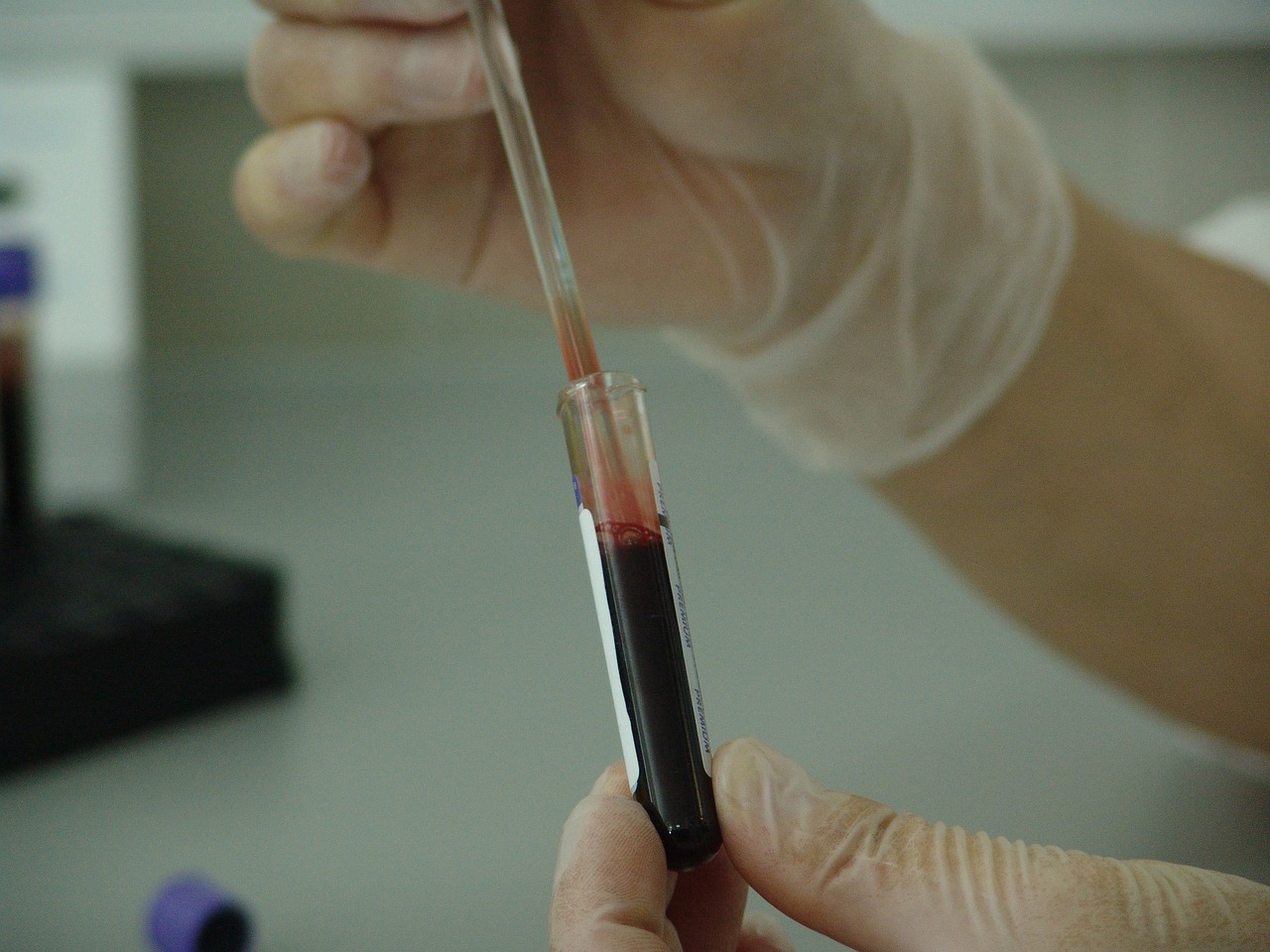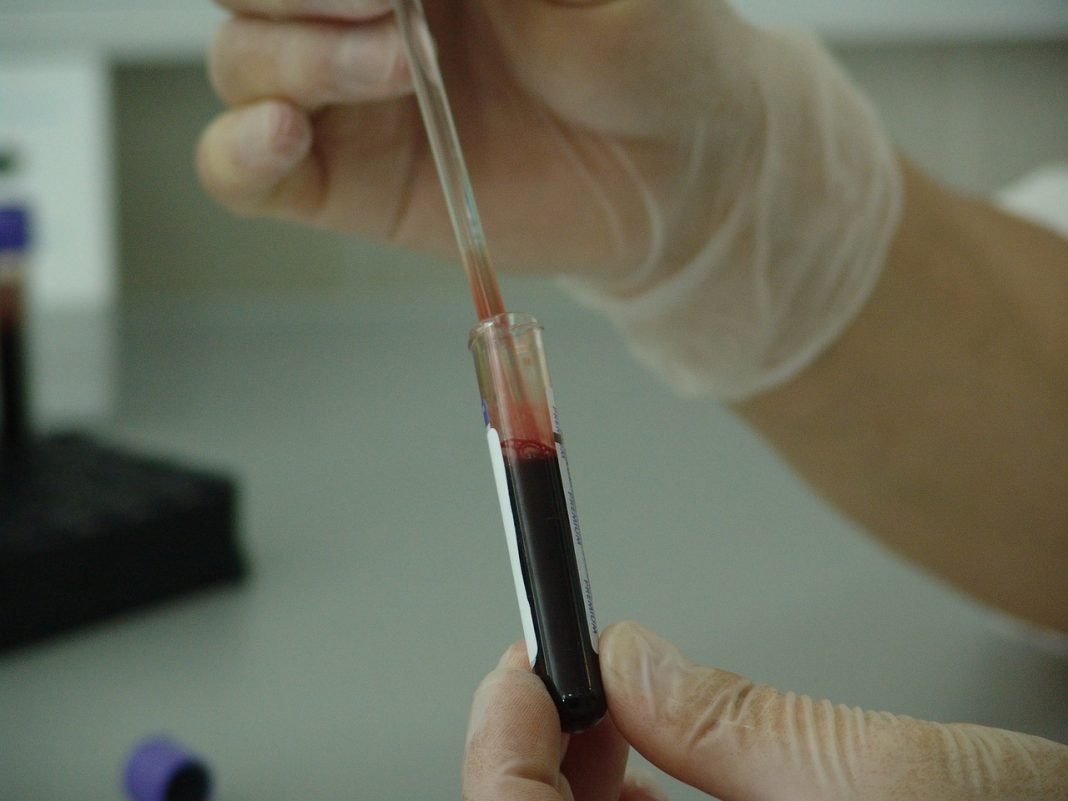
Menopause is a natural biological process that marks the end of a woman’s reproductive years. It is a significant milestone that brings about a range of physical and emotional changes in the body. While some women experience minimal symptoms, others may experience severe symptoms that can affect their quality of life. Fortunately, there are ways to manage menopause symptoms and prevent related health problems. In this article, we will explore the various prevention and relief strategies that women can employ to manage menopause effectively. From lifestyle changes to medical treatments, we will provide practical tips and advice to help women navigate this transition with ease.
1. Understanding Menopause: Causes, Symptoms, and Risk Factors
Menopause is a natural biological process that marks the end of a woman’s reproductive years. It is a normal part of aging, and it typically occurs between the ages of 45 and 55. Menopause is defined as the absence of menstrual periods for 12 consecutive months.
The primary cause of menopause is the natural decline in reproductive hormones, particularly estrogen. As a result, women experience a range of symptoms that can include hot flashes, night sweats, vaginal dryness, mood swings, and sleep disturbances. Other factors that can contribute to menopause include genetics, smoking, chemotherapy, and certain medical conditions. It’s important to note that menopause is not a disease, but rather a natural part of the aging process that can be managed with the help of healthcare professionals.
2. Prevention Strategies for Managing Menopause: Lifestyle Changes and Hormone Therapy
Lifestyle changes are essential in managing menopause symptoms. These modifications include a healthy diet, regular exercise, and stress management techniques. A healthy diet can help reduce hot flashes and night sweats, while regular exercise can improve mood and sleep quality. Stress management techniques such as deep breathing, yoga, and meditation can also help reduce anxiety and improve overall well-being.
- Eat a balanced diet that includes fruits, vegetables, whole grains, and lean protein.
- Avoid caffeine, alcohol, and spicy foods that can trigger hot flashes and night sweats.
- Engage in regular physical activity for at least 30 minutes a day, five times a week.
- Practice stress management techniques such as deep breathing, yoga, and meditation.
Hormone therapy is another option for managing menopause symptoms. This treatment involves taking estrogen and progesterone to replace the hormones that the body no longer produces after menopause. Hormone therapy can help reduce hot flashes, night sweats, and vaginal dryness. However, it is not suitable for everyone and can have side effects, so it is essential to discuss the risks and benefits with a healthcare provider before starting treatment.
- Discuss the risks and benefits of hormone therapy with a healthcare provider.
- Consider hormone therapy if lifestyle changes are not effective in managing menopause symptoms.
- Be aware of the potential side effects of hormone therapy, such as increased risk of breast cancer and blood clots.
- Monitor hormone therapy closely and work with a healthcare provider to adjust the dosage as needed.
3. Relief for Menopause Symptoms: Natural Remedies and Medical Treatments
Menopause is a natural biological process that marks the end of a woman’s reproductive years. However, it can come with a range of uncomfortable symptoms, such as hot flashes, night sweats, vaginal dryness, mood swings, and sleep disturbances. Fortunately, there are several natural remedies and medical treatments that can provide relief for menopause symptoms.
Natural remedies for menopause symptoms include:
- Herbal supplements: Certain herbs, such as black cohosh, red clover, and dong quai, have been found to alleviate hot flashes and other menopause symptoms. However, it’s important to talk to a healthcare provider before taking any herbal supplements, as they may interact with other medications or have side effects.
- Lifestyle changes: Simple lifestyle changes, such as exercising regularly, eating a balanced diet, staying hydrated, and avoiding triggers (such as spicy foods or alcohol), can help reduce the severity of menopause symptoms.
- Acupuncture: This traditional Chinese medicine practice involves inserting thin needles into specific points on the body to alleviate pain and other symptoms. Some studies have found that acupuncture can help reduce hot flashes and improve sleep quality in menopausal women.
Medical treatments for menopause symptoms include:
- Hormone therapy: This involves taking estrogen and/or progesterone to replace the hormones that the body no longer produces after menopause. Hormone therapy can help alleviate hot flashes, vaginal dryness, and other symptoms. However, it’s important to talk to a healthcare provider about the risks and benefits of hormone therapy, as it may increase the risk of certain health conditions.
- Antidepressants: Some antidepressants, such as selective serotonin reuptake inhibitors (SSRIs) and serotonin-norepinephrine reuptake inhibitors (SNRIs), can help alleviate hot flashes and improve mood in menopausal women.
- Vaginal estrogen: This involves using a cream, ring, or tablet that contains estrogen to treat vaginal dryness and discomfort. Vaginal estrogen is absorbed only in the vaginal area, so it may be a safer alternative to systemic hormone therapy.
In conclusion, managing menopause can be a challenging experience for many women, but it is not an insurmountable obstacle. By adopting a healthy lifestyle, staying informed about the latest medical research, and seeking out the support of healthcare professionals and loved ones, women can successfully navigate this transition and enjoy a fulfilling and vibrant life beyond menopause. Whether you are looking to prevent the symptoms of menopause or seeking relief from its effects, there are a variety of strategies and treatments available to help you achieve your goals. With the right approach, menopause can be a time of growth, transformation, and renewed vitality.








